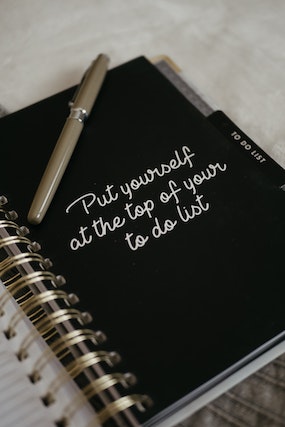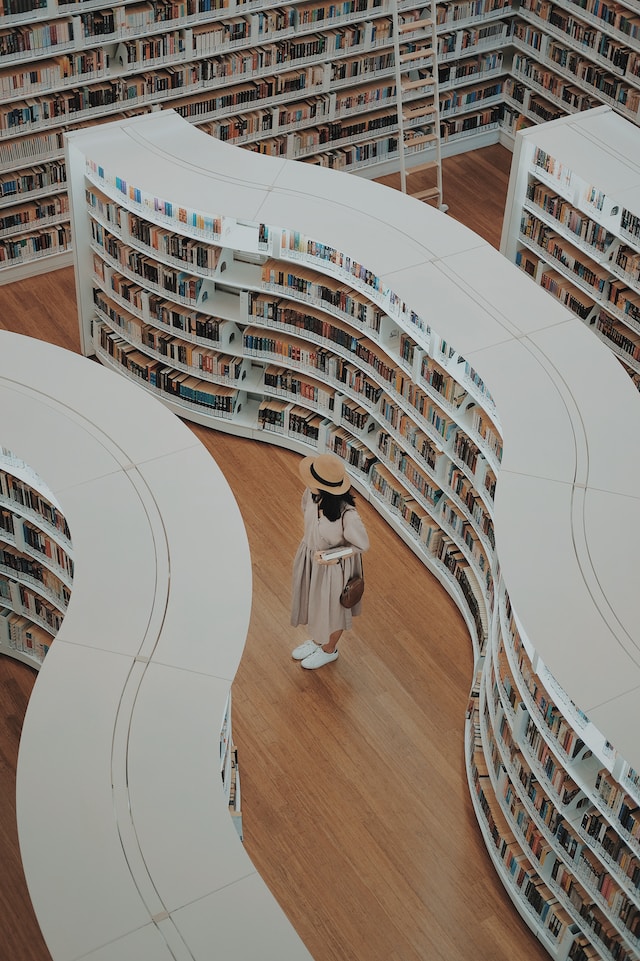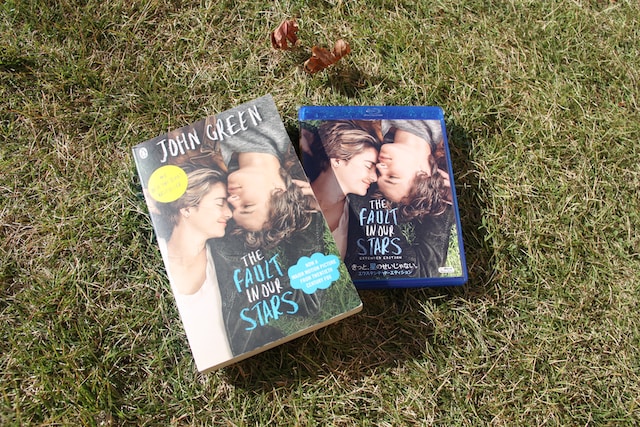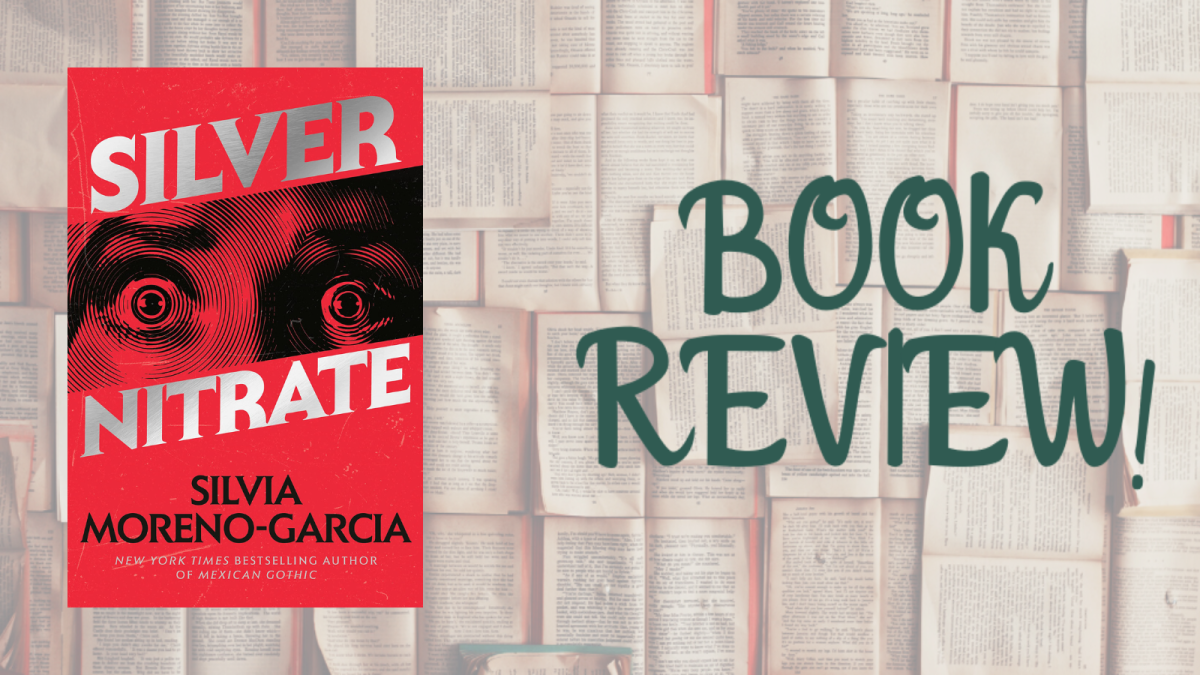Experimental literature transcends conventional narrative structures, inviting readers into uncharted territories where words blur boundaries between reality and imagination. In this exploration, we embark on a journey through modern experimental literature, navigating the avant-garde landscapes crafted by visionary authors. From fragmented narratives to nonlinear storytelling, each work challenges traditional notions of literature, pushing the boundaries of artistic expression. Through an analysis of key themes, techniques, and notable examples, we unravel the intricacies of this fascinating genre and delve into the rich tapestry of words beyond pages.
The Evolution of Experimental Literature
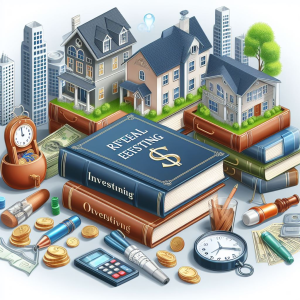
Experimental literature traces its roots back to the early 20th century, where avant-garde movements such as Dadaism and Surrealism rebelled against established literary norms. Works like James Joyce’s “Ulysses” and Virginia Woolf’s “To the Lighthouse” shattered linear storytelling, pioneering techniques like stream of consciousness and interior monologue. As the century progressed, authors like Jorge Luis Borges and Italo Calvino expanded the horizons of experimental fiction, weaving intricate labyrinths of narrative possibility.
Themes and Techniques
Central to experimental literature are themes of fragmentation, subjectivity, and the deconstruction of language. Authors manipulate narrative structure, employing techniques such as nonlinearity, intertextuality, and metafiction to challenge readers’ perceptions. Fragmented narratives, like those found in David Mitchell’s “Cloud Atlas,” offer glimpses of interconnected stories spanning time and space, inviting readers to piece together the puzzle. Meanwhile, metafictional works like Vladimir Nabokov’s “Pale Fire” blur the lines between author, narrator, and character, prompting reflection on the nature of storytelling itself.
Exploring the Impact of Modern Experimental Literature
The impact of modern experimental literature extends beyond the boundaries of the literary world, permeating into various aspects of culture and society. Through its innovative techniques and thought-provoking themes, experimental literature challenges readers to engage with texts on a deeper level, fostering critical thinking and introspection. By dismantling traditional narrative structures and embracing ambiguity, these works encourage readers to confront the complexities of human existence and grapple with questions of identity, perception, and truth. Moreover, the influence of experimental literature can be seen in other artistic mediums, inspiring filmmakers, visual artists, and musicians to experiment with form and content, blurring the lines between genres and disciplines.
Looking Towards the Future of Experimental Literature
As we look towards the future, the landscape of experimental literature continues to evolve, propelled by the ever-changing dynamics of culture and technology. With the rise of digital media and interactive storytelling platforms, authors have new tools at their disposal to push the boundaries of narrative experimentation even further. Virtual reality, augmented reality, and interactive fiction present exciting possibilities for immersive storytelling experiences that challenge traditional notions of authorship and reader engagement. Moreover, as global issues such as climate change, social justice, and technological advancement continue to shape our collective consciousness, experimental literature offers a space for exploring these complexities through innovative narrative forms. As we embark on this journey into the unknown, one thing remains certain: the power of words to transcend pages and ignite the imagination will continue to inspire and provoke for generations to come.
Notable Works and Authors
In the realm of modern experimental literature, a myriad of voices stand out, each contributing to the genre’s diverse tapestry. David Foster Wallace’s “Infinite Jest” is a sprawling epic that defies conventional categorization, blending elements of satire, philosophy, and experimental form. Similarly, the works of Paul Auster, such as “City of Glass,” delve into themes of identity and existentialism through labyrinthine narratives that challenge readers’ perceptions of reality. Other notable authors include Haruki Murakami, with his dreamlike worlds and surreal imagery, and Jennifer Egan, whose novel “A Visit from the Goon Squad” experiments with unconventional storytelling formats.
Analysis Table: Key Elements of Experimental Literature
| Element | Description |
|---|---|
| Fragmentation | Breaking narrative into disjointed segments to disrupt traditional storytelling. |
| Nonlinearity | Abandoning chronological order, allowing events to unfold in a nonlinear fashion. |
| Intertextuality | Incorporating references to other texts or cultural works, enriching layers of meaning. |
| Metafiction | Drawing attention to the act of storytelling itself, blurring boundaries between fiction and reality. |
| Subjectivity | Emphasizing the subjective nature of experience, challenging objective interpretations of reality. |
| Deconstruction | Breaking down linguistic and narrative conventions, questioning their inherent structures and meanings. |
Comparative Table: Notable Works and Authors
| Author | Notable Works | Key Themes |
|---|---|---|
| David Foster Wallace | “Infinite Jest” | Satire, Philosophy, Form Experimentation |
| Paul Auster | “City of Glass,” “Moon Palace” | Identity, Existentialism, Narrative Innovation |
| Haruki Murakami | “Kafka on the Shore,” “1Q84” | Surrealism, Magical Realism, Symbolism |
| Jennifer Egan | “A Visit from the Goon Squad” | Interconnectedness, Time, Narrative Structure |
Conclusion
As we conclude our journey through modern experimental literature, we are left with a profound appreciation for the boundless creativity and innovation that define this genre. From the fragmented narratives of David Foster Wallace to the surreal landscapes of Haruki Murakami, each work invites readers to transcend the confines of traditional storytelling and explore the limitless possibilities of language. Through themes of fragmentation, subjectivity, and metafiction, experimental literature challenges us to question our perceptions of reality and embrace the ambiguity of human experience. In a world where words extend beyond pages, the journey of exploration continues, beckoning us to discover new realms of imagination and meaning.






